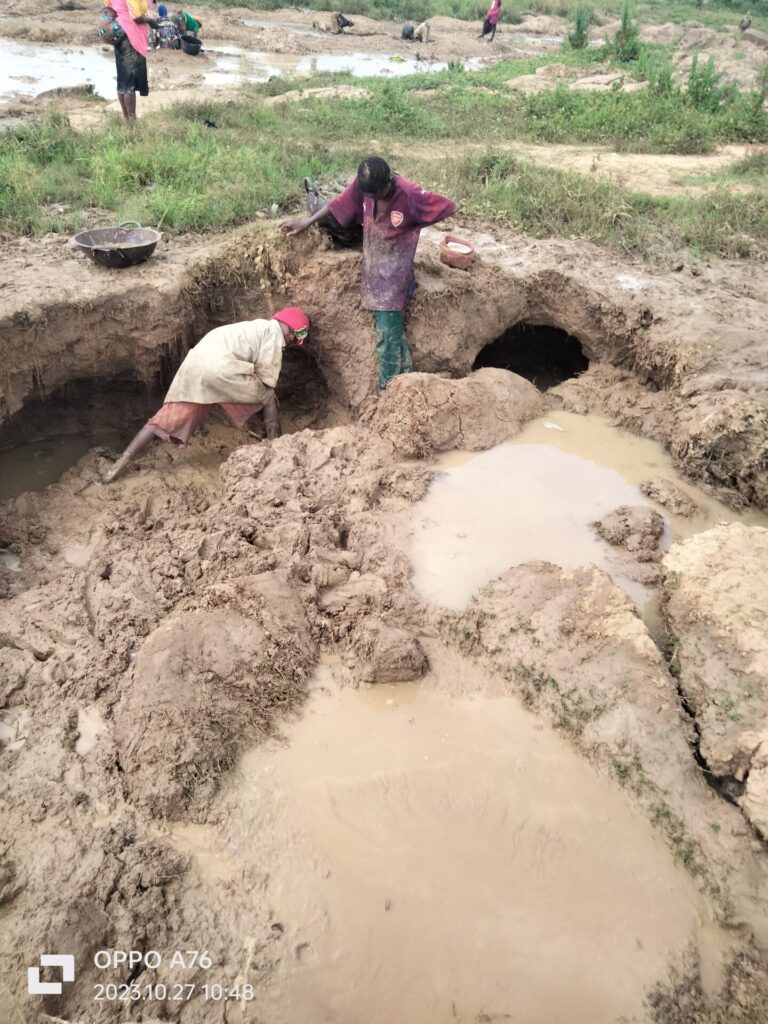Killings, abductions: Why insecurity may increase out-of-school children in Northern Nigeria

The spate of kidnapping in Nigeria, especially in Northern Nigeria, is becoming alarming on a daily basis.
Once seen as a foreign problem; today, the practice of kidnapping has spread across the country affecting everyone irrespective of the societal class, threatening the national peace and security of the country.
Kidnapping has become the most pervasive and intractable violent crime in the country. Not much is known about the emerging kidnaping cartels, even though many fingers points to the extremist Islamic sect, Boko Haram; not because kidnapping is new in Nigeria, Africa’s largest economy, but because it is taking root in the northern part of the country, a region less known for this sort of crime.
Caught between the Boko Haram insurgency and the incessant farmer-herdsmen conflicts, kidnapping and banditry are gaining a foothold in Nigeria’s northern states. And it is disheartening to think of the latest high-profile targets across the northern part of the country: school children. It is terrible and shocking to see, hear and/or read how these bandits invade schools and kidnap students, posing a threat to education in the North. The kidnappings underscore the country’s ballooning security challenges.
Since April 2014 when Boko Haram insurgents kidnapped 276 schoolgirls in Chibok, Borno state, Nigeria has suffered five similar mass abductions across five northern states. According to TheCable, a total of 1,157 students have now been abducted over the course of seven years in northern Nigeria.
The abduction of 276 school girls in Chibok Local Government Area of Borno state between 14th and 15th April 2014, was the first major imprint of kidnapping in northern Nigeria in recent history. It aroused global outrage as well as widespread criticism of the former President, Goodluck Jonathan’s government. 57 of the girls escaped within hours of their kidnapping, 103 were released following negotiations between the government and insurgents, while 4 reportedly escaped. However, 112 girls still remain unaccounted for.
On February 19, 2018, the Boko Haram insurgents struck again at Government Girls Secondary and Technical College in Dapchi, Yobe state and abducted 113 students. Those abducted comprised 111 students of the school and two other pupils from an unnamed primary school. All the girls have been freed except Leah Sharibu who is reportedly being held back for her refusal to denounce Christianity and embrace Islam.
On December 11, 2020, suspected bandits abducted 344 students during a late night attack on Government Science Secondary School in Kankara, Katsina state. Seventeen of the students managed to escape while those in captivity were released after six days. This case of abduction caused an uproar across the country because it happened under the nose of President, Muhammadu Buhari who was on a visit to his hometown in Katsina, one who was elected on heels of fighting insecurity.
As Nigerians were still rejoicing about the release of the Kankara students, news broke that 80 students of Islamiyya schools have been abducted in Mahuta town, Dandume Local Government Area of same Katsina state. The attack, which took place on December 20, happened while the Islamic students were returning from a Maulud procession at Unguwar Al-Kasim, a nearby village. However, they were rescued shortly in a joint effort between the police and local vigilante.
On Wednesday, February 17, 2021, the media was greeted with the news of the abduction of 27 students, alongside their teachers and relatives, a total of 42 hostages, by armed bandits after an attack on a boarding school- an all-boys Government Science College in Kagara town of Niger state, killing at least one student.
The latest attack in the rising wave of mass abductions and attacks that have overwhelmed the country happened on Friday, February 26, 2021 when the Government Girls Secondary School, Jangebe in Talata-Mafara Local Government Area of Zamfara state fell to bandits and 317 students were abducted.
From the foregoing, it is clear that education in Nigeria is increasingly threatened. On insecurity grounds, Nigerian school children are faced with mounting violence at places of learning. These series of school attacks is a significant blow to the government’s efforts to reduce the number of out-of-school children in Northern Nigeria as attacks on schools will worsen low enrollment in violent zones. This is mainly because parents would prefer to have their children uneducated than kidnapped or dead.
The frequent kidnapping of schools children will most likely result to a drop in attendance in schools, especially in the northern states where the insecurity is at its boiling point, as a result of fear of such events – children now live in perpetual fear.
A high number of school children leaving schools for the fear of being abducted by gunmen will create a bigger problem for the country, as there will be an increase in the number of illiterates in our society. This will limit the resourcefulness, productivity and contribution of young Nigerians, the ‘future leaders’, in the growth and development of the country.
Additionally, lack of trust and faith in the Nigerian education system caused by the incessant abductions of school children is likely to produce ‘half-baked students’ or ‘half literates’, who would not be able to bring about positive social, economic and political growth. It is such ‘half-baked students’ and/or ‘half literates’ that, at the long run, take to vices in the society.
The importance of education in societal development cannot be overemphasized. No country can meet its true potential if the educational sector is paralyzed. It is an essential tool in ensuring the acquisition of power, prestige,greatness as well as survival of the human race. It is the foundation for nation building.
However, when these educational opportunities are challenged, due to insecurity from the kidnapping of students, and; teachers and parents (as in the case of the Kangara abduction), these have consequential implications on national development.
It can therefore be deduced that the resultant effect of kidnapping of students in the northern part of the country include low turn-out as well as increasing numbers of illiterates, thereby limiting their possible contribution to societal, economic and political growth.


